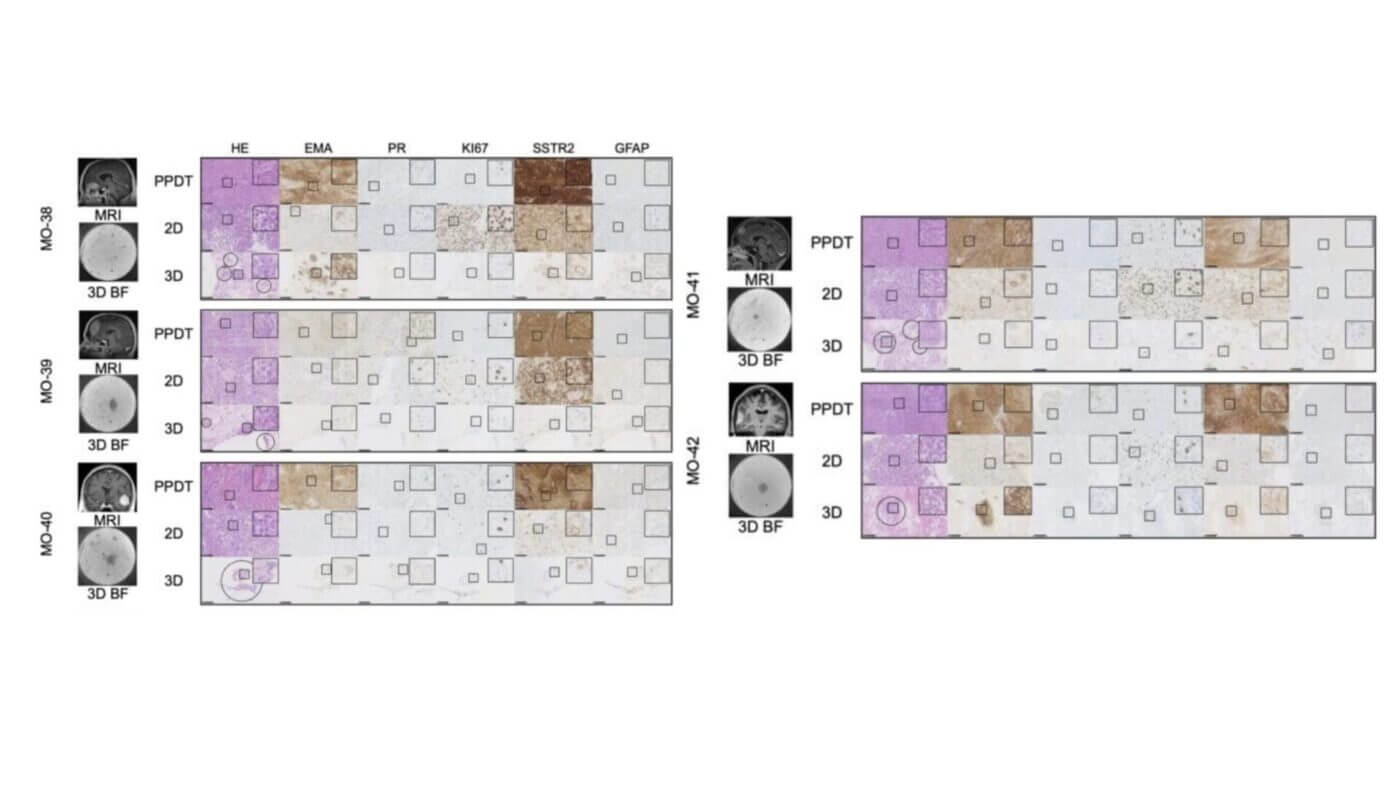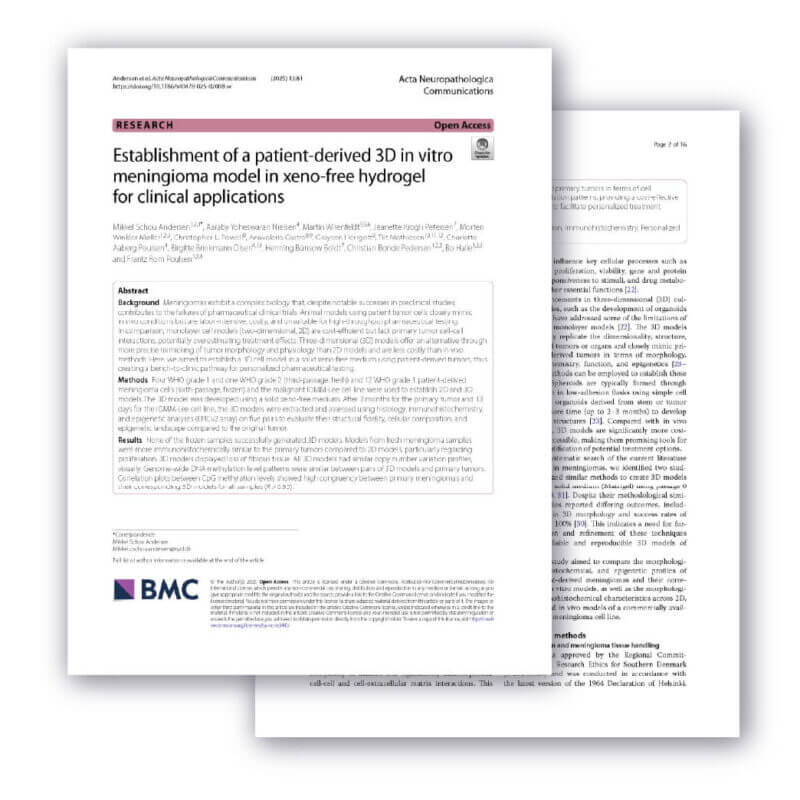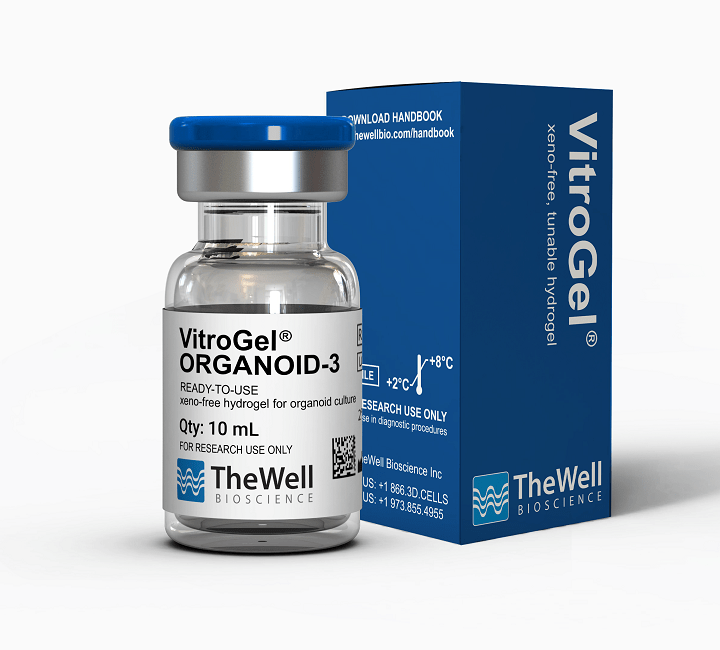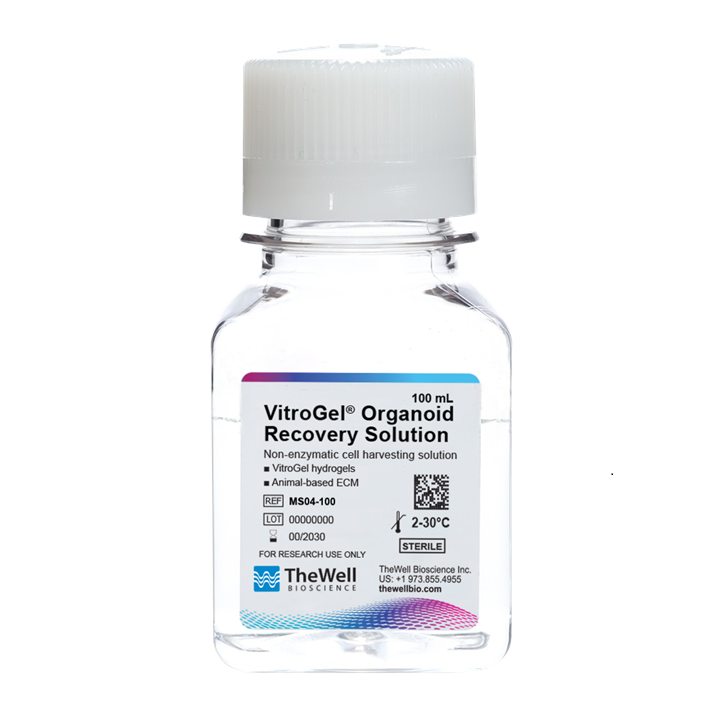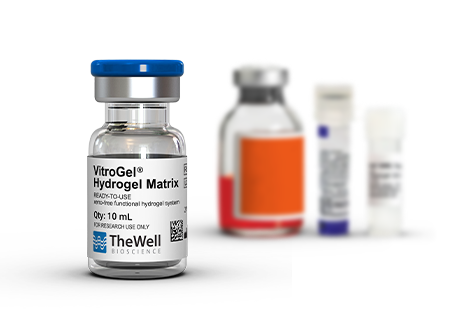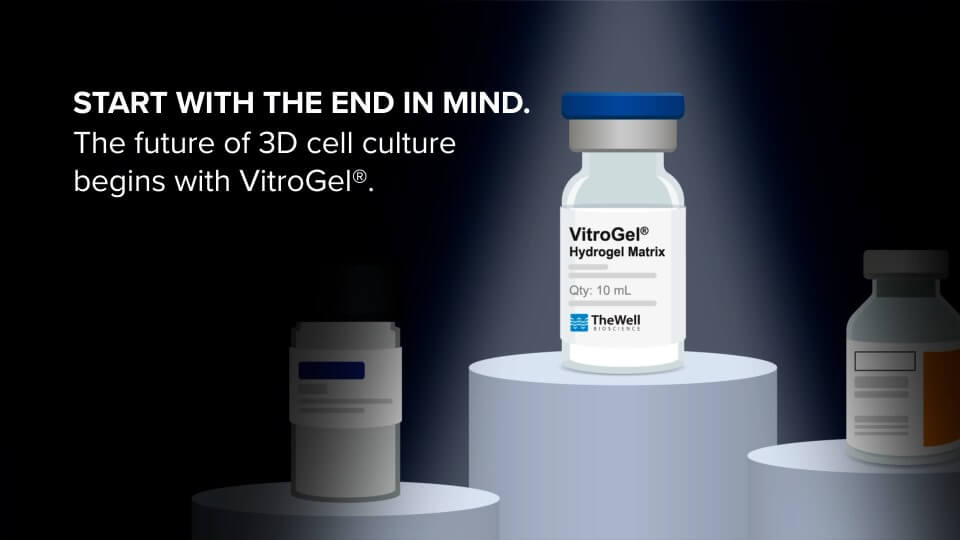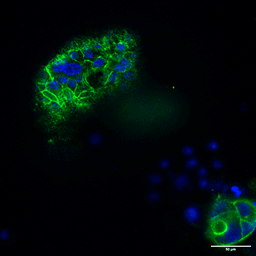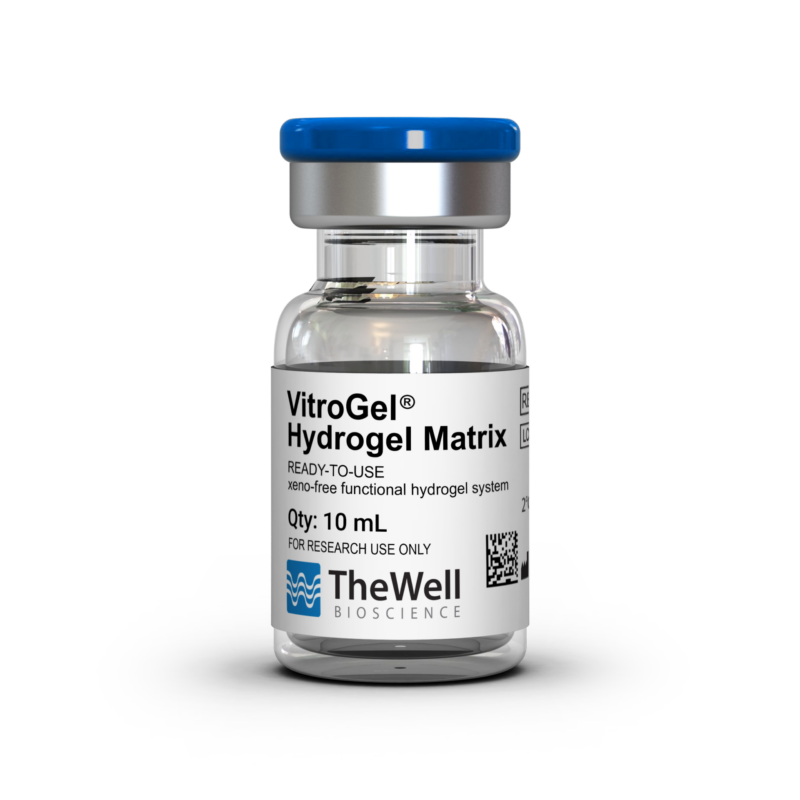Research Highlights
Advancing Personalized Meningioma Models with VitroGel® ORGANOID-3
VitroGel® ORGANOID-3 enabled the successful creation of patient-derived 3D meningioma models that closely mimicked primary tumor structure, biomarker expression, and epigenetic profiles in a xeno-free, reproducible system.
Category:
3D Cell models
Subcategory:
Cancer Research
Cell Type:
Meningioma Cells
Hydrogel:
VitroGel® ORGANOID-3
Team:
Y Mikkel Schou Andersen, Aaraby Yoheswaran Nielsen, Martin Wirenfeldt, Jeanette Krogh Petersen, Morten Winkler Møller1, Christopher L. Powell, Anavaleria Castro, Grayson Herrgott, Tiit Mathiesen, Charlotte Aaberg Poulsen, Birgitte Brinkmann Olsen, Henning Bünsow Boldt, Christian Bonde Pedersen, Bo Halle and Frantz Rom Poulsen
Institutions:
- Department of Neurosurgery, Odense University Hospital, Odense, Denmark
- Department of Clinical Research, University of Southern Denmark, Odense, Denmark
- BRIDGE (Brain Research Interdisciplinary Guided Excellence), University of Southern Denmark, Odense, Denmark
- Department of Nuclear Medicine, Department of Clinical Research, Odense University Hospital, Odense, Denmark
- Department of Pathology, University Hospital of Southern Denmark, Esbjerg, Denmark
- Department of Regional Health Research, University of Southern Denmark, Odense, Denmark
- Department of Pathology, Odense University Hospital, University of Southern Denmark, Odense, Denmark
- Department of Neurosurgery, Henry Ford Health, Detroit, MI, USA
Michigan State University, East Lansing, Michigan, USA - Department of Neurosurgery, Rigshospitalet, Copenhagen, Denmark
- Department of Clinical Medicine, University of Copenhagen, Copenhagen, Denmark
- Department of Clinical Neuroscience, Karolinska Institute, Stockholm, Sweden
- Department of Surgical Pathology, Zealand University Hospital, Roskilde, Denmark
Meningioma treatment faces significant hurdles, particularly due to the lack of effective preclinical models that mimic the complex biology of individual tumors. Traditional two-dimensional (2D) cell cultures oversimplify tumor environments, while animal models are resource-intensive and not suitable for high-throughput drug testing. To address this, Andersen et al established a novel 3D in vitro model of patient-derived meningiomas using VitroGel® ORGANOID-3, a xeno-free biofunctional hydrogel from TheWell Bioscience.
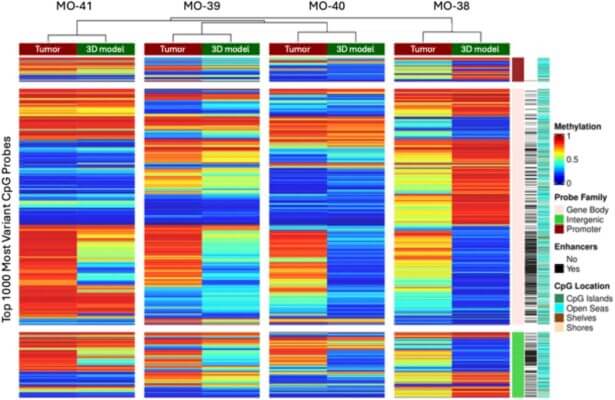
By embedding fresh meningioma cells into VitroGel® ORGANOID-3, researchers successfully created 3D tumor models that maintained high fidelity with primary tumors in morphology, immunohistochemical marker expression, and epigenetic signatures. Notably, 3D models showed proliferation patterns and DNA methylation landscapes closely mirroring the original tumor, surpassing the accuracy of standard 2D cultures.
This study demonstrated that VitroGel® -based 3D cultures offer a reliable, scalable, and ethically responsible alternative to animal models, supporting future personalized therapeutic screening for meningioma patients, particularly in cases where surgical options are limited.
PRODUCTS USED:
Discover how VitroGel® can support your cell culture research
Explore our updated resources for a concise overview of VitroGel®’s key features and application areas.
Comparison of VitroGel® vs. Animal-based ECM
Discover the 20+ advantages of VitroGel® over animal-based ECM with this comprehensive comparison on key features, operation, application, and storage conditions.
Learn MoreWhat is VitroGel® | Overview Video
Learn why VitroGel® is the leading animal-free hydrogel for 3D cell culture.
Learn MoreVitroGel® for Organoid Research
Learn how to achieve consistent organoid formation with VitroGel®, a fully synthetic, xeno-free hydrogel designed to support consistent, scalable organoid culture from stem cells or patient-derived tissues.
Learn More
